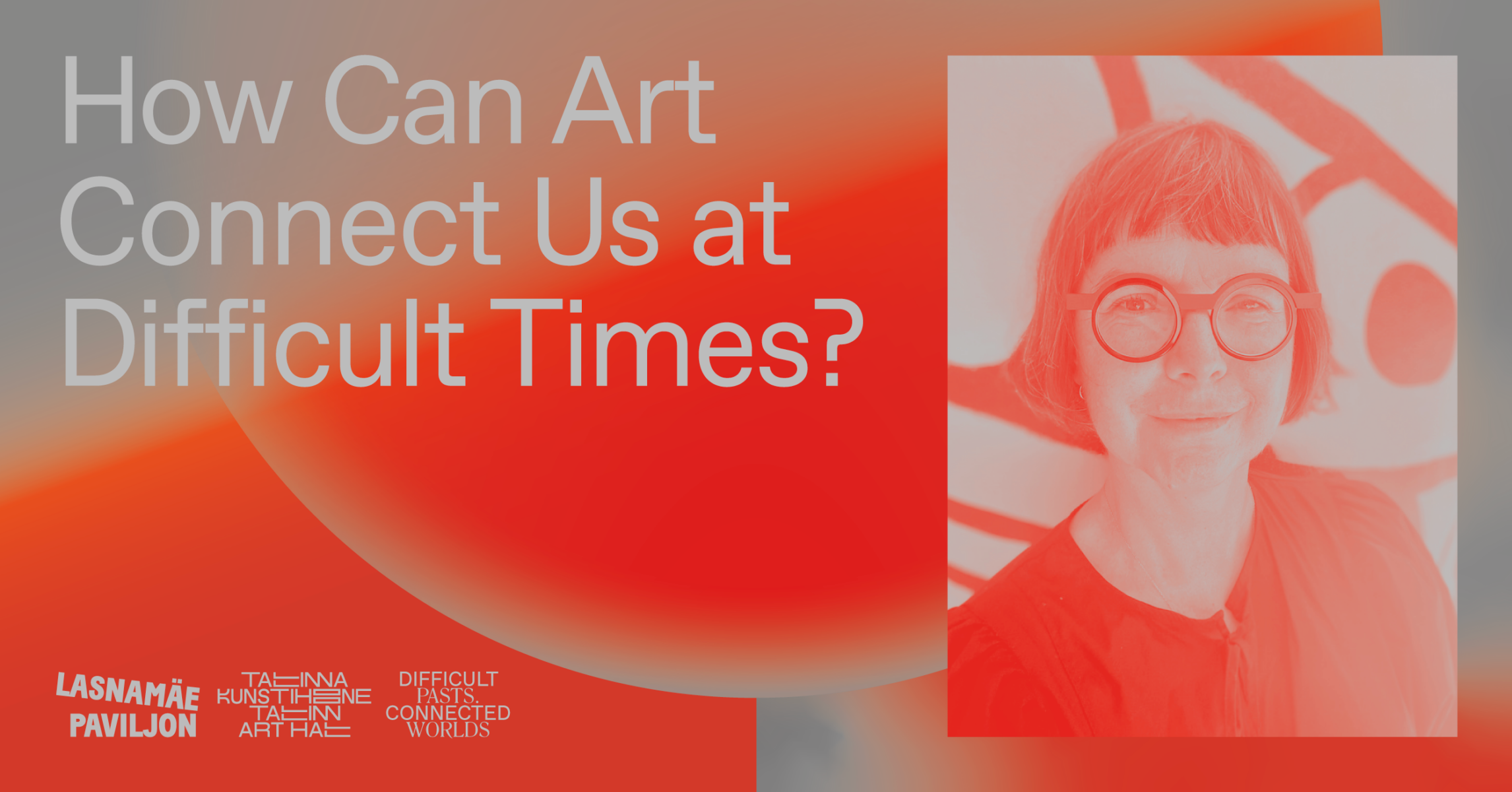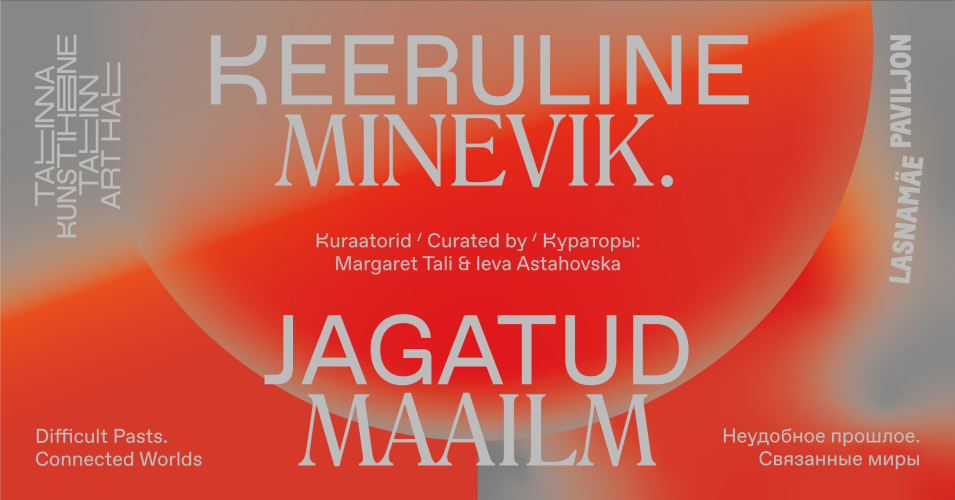How can art connect us at difficult times?

The workshop focuses on the role of arts and artists, as well as creative processes involved in sharing difficult pasts of individuals, local communities and collective groups. It will begin with a brief introduction followed by participants sharing stories related to their experiences with the challenges of addressing the past, telling their own story, and connecting to others and their stories. Together, we will reflect on how artistic processes or forms can foster mutual empathy and understanding.
We will explore various kinds of difficulty in relation to the past: What makes certain aspects hard to share and why? What do we find challenging to accept about the memories of others? What are the most difficult legacies of historical events you imagine your community and neighbouring communities (gender, ethnic, class or national groups in the exhibition and beyond) have experienced? Is art a more accessible or more challenging medium for conveying and communicating difficult histories?
Another important question – both in relation to the exhibition and our personal experiences – is: What connections between historical experiences (struggles, sufferings) or historical figures and stories do we find difficult or even impossible to imagine, and why?
Assignment: Please bring at least one example of a difficult past with you, either from the exhibition or from your personal experience as a member of a community (such as a minority) or someone who grapples with questions of belonging.
Dr. Katarzyna Bojarska teaches in the Contemporary Culture programme at the SWPS University in Warsaw, Poland. Her work focuses on how historical and political traumas, as well as legacies of violence, are mediated by contemporary arts. She explores concepts such as the archive, backward-looking and disobedient memories, and creative and critical acts of memory. Dr. Bojarska has participated in the international research project RePast – Revisiting the Past, Anticipating the Future. She is the author of numerous articles and translations on the relationships between art, literature, history and psychoanalysis. Additionally, she is a co-founder and editor of the journal View. Theories and Practices of Visual Culture (http://www.pismowidok.org/).
The participation language of the workshop is English.




